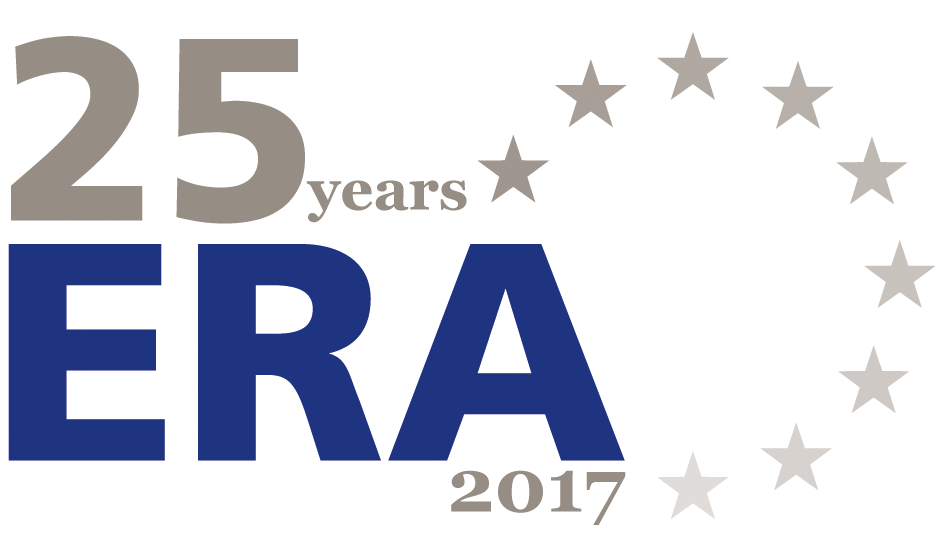One more year, it has been a pleasure to participate in ERA's Annual Conference on European Public Procurement Law, and to exchange views with practitioners and policy-makers about recent developments and future challenges in this important area of EU economic law. It has also been an honour to contribute to the celebrations of ERA's 25 years of good work towards improving our knowledge of EU law.
This year, I was invited to provide some critical remarks on recent case law of the ECJ in some areas of practical relevance and, in particular, on case law concerning:
- the rules on subcontracting and teaming or consortium bidding,
- the rules on contract modification and termination; and
- the scope of the concessions Directive.
My main remarks concentrated on
- the difficulties of keeping the right balance between preserving the maximum possible procedural flexibility to ensure participation in tenders by groupings of economic operators (loosely defined) and allowing the contracting authority to scrutinise the technical and economic standing of joint bidders--while ensuring that competition rules are respected and the supreme and directly effective provisions of the TFEU (notably Art 101) are enforced at all levels of procurement activity;
- the challenges in adapting a commercially-oriented approach to the adjudication of disputes at execution phase where the risks of discriminatory or anti-competitive procurement are largely absent; and
- the limited advances made so far in fine tuning the definition of a concession contract, in particular in cases not involving relatively straightforward instances of improper use of the label 'concession' (such as using it to refer to licences or authorisations), or not involving the need to differentiate the scope of application of the rules in what is now Dir 2014/23 and competing frameworks, such as the Services Directive or the Transport Regulation.
The slides I used appear below. The presentation was recorded and will soon be available (keep an eye on @how2crackanut for details).

